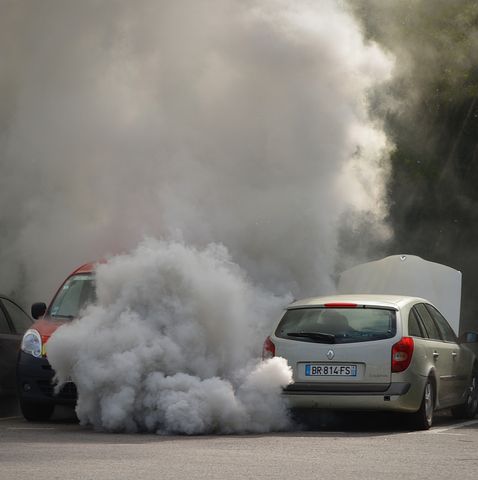
With the world almost brought to a halt due to the Coronavirus pandemic, the planet has seen a reduction in carbon thanks to the lack of travel. But, with the world beginning to open back up again and driving and flying becoming more common, will the level of carbon return to pre-pandemic levels? Or will people be more cautious and conscientious when it comes to their travel habits?
As many businesses move into the process of deciding whether or not they’ll return to their offices and warehouses, will more and more of us be encouraged to work from home not only from a cost perspective, but from an environmental one too?
What does this mean for office workers?
If you’ve been working from home during the pandemic, has the move been easy for you? Has your business provided you with all the tools so that you’re able to work as normal but remotely? How has the lack of travel affected your working day?
According to a study by Lloyds Banking Group, the average daily commute is around 84 minutes, with people living in London experiencing the longest journey to and from work in the UK. This staggering amount of travelling has been wiped clean as a result of the pandemic.
With many of us now working from home and subsequently not having to spend a large portion of our day driving or on public transport, what are the chances of workers voluntarily deciding it’s better to start commuting again?
As businesses look to become more environmentally friendly, this reduction in their carbon footprint will likely be among the deciding factors as to whether or not they continue working from home in at least some capacity.
Will businesses become more sustainable?
As the level of carbon in the atmosphere has reduced so much, will businesses make other changes within their operations to help continue this downward trajectory? Technology puts sustainability at the heart of businesses.
Knowing the level of carbon emissions from energy used by your workforce and operations can be daunting for a business, but ultimately it’s something worth understanding. By combining data and carbon accounting technologies, organisations can effectively quantify their carbon footprint and begin to understand their own impact.
Companies can also do more than just monitor their travelling habits. Many still don’t reuse materials or recycle and continue to expel an astonishing amount of waste. Now is as good of a time as any to get your key stakeholders together and evaluate the changes needed to be made.
Jon Constantine-Smith, Head of flyer and leaflet printing companyinstantprint commented that they “are currently in the process of looking at becoming more self-sufficient when it comes to energy. The company’s Quality and Compliance Manager, Richard Crow, is currently heading up selecting a solar panel provider to hit the company’s target of becoming 40% self-sufficient when it comes to energy consumption.”
Ensuring their print process is as eco-friendly as possible has always been at the forefront of company Co-Founders Adam Carnell and James Kinsella’s minds.This is a mindset that has now transcended to each of instantprint’s 400 employees. Regular internal meetings take place, aptly dubbed “war on waste”, which were established purely to evaluate waste output across all areas within the business.
A war on waste
As a world, we can only hope that other organisations look to adopt in some of these processes and follow in the footsteps of businesses like instantprint. As it continues to heal, we need to do everything in our power to help and do what we can to make a change.



